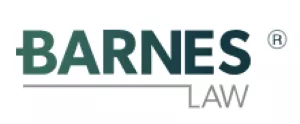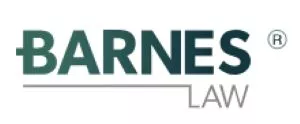Introduction
Due diligence always plays a significant role in M&A (mergers & acquisitions). Undergoing due diligence process increases the chances of a successful sale, provides the real market value of the company and gives a piece of mind to both sides. However, M&A transactions do not always go as anticipated, which might also impact on the due diligence process. This article will review due diligence and how it can be adjusted to changing circumstances of a corporate deal.
Due diligence as part of the M&A transactions
Investors are advised to undertake all the necessary precautions when buying a company. An important part of those precautions is due diligence, which provides all the information to assess potential risks and make a board-based decision. This process examines all different aspects of the company in question, including but not limited to: company information; financial information; legal information; customer information; employee information; productor service information; physical assets and IP.
These are only some of the aspects that are addressed during due diligence. The due diligence process can be complicated, expensive, time-consuming and sometimes can lead to disappointment rather than a peace of mind.
Areas to focus on
Although, due diligence is an important pillar of M&A transactions and should not be overlooked, in certain instances, for example distressed transactions, because of the time constrains, it needs to be altered. For example, if the parties face challenges and transactions turn into long and draining process, due diligence should not become another obstacle. Instead, a clear deadline should be set, and the areas of review could potentially be reduced.
To some extent, the area of due diligence also depends on the type of the transaction. For instance, if the buyer is solely purchasing assets the attention should be directed to checking the assets- contracts, leases and existence of any securities registered against the assets. This approach helps to obtain essential information promptly and makes the overall process easier.
Searches
The second area of focus during the due diligence should be carrying out thorough searches regarding the company in question. First and foremost, all the information regarding shareholders, creditors, annual reports should be considered. In England and Wales, the information regarding a company, its directors and shareholders can be found on government's Companies House website. Another important aspect that should not be overlooked is checking whether the company had any legal issues or claims made against them. Conducting the above research reduces the chances of missing important information that could negatively impact the buyers in the future.
Mitigating potential contractual risks
Another important aspect that should protect the buyers are warranties and personal guarantees. Buyers are also encouraged to obtain insurance for their own benefit. However, one should keep in mind that if an insolvency officer is involved, obtaining warranties or insurance might not be possible.
Due diligence is important to having a successful M&A transaction. However, when M&A transactions happen to be overly complicated, the scope of due diligence could be reduced.
The content of this article is intended to provide a general guide to the subject matter. Specialist advice should be sought about your specific circumstances.


